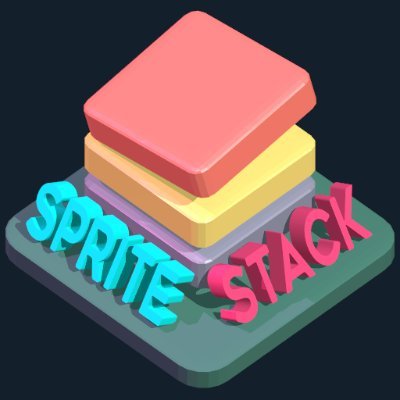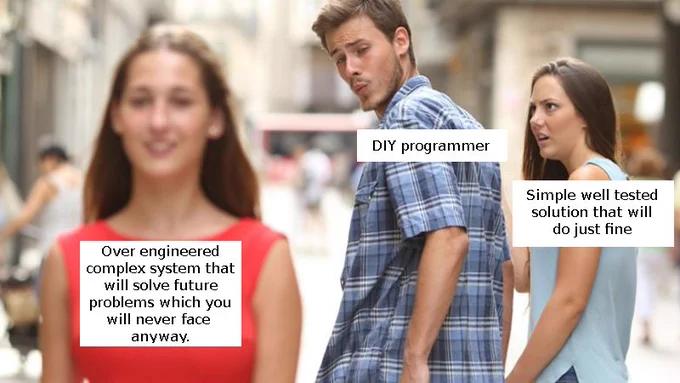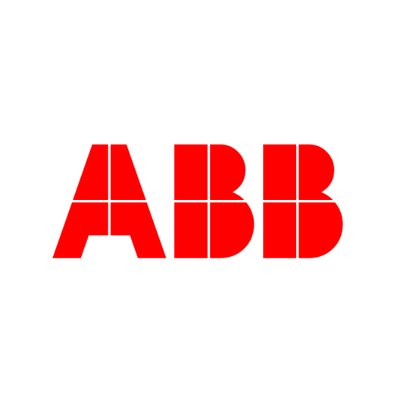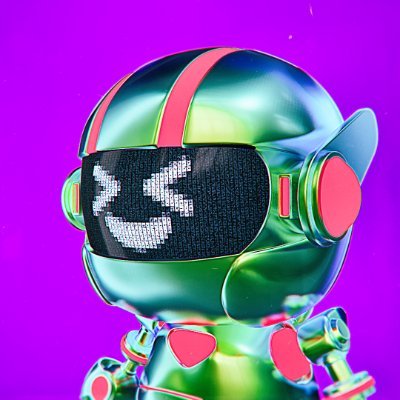Search results for programming
People
Not Found
Tweets including programming
PROGRAMMING NOTE: I just locked 96,600,000 $AMUSEONX tokens with Streamflow for a year. Again, as I've said from the start please do not buy this coin.
https://t.co/7sCeoF9vTM


0
0
41
91
35
PROGRAMMING NOTE: Memecoin scammers were using my username on 𝕏 to create coins. To combat that I have created the $AMUSEONX coin myself. It is the ONLY official amuseonx coin there will ever be. DO NOT BUY IT.
https://t.co/U1KhGxcJLM
Show more

0
0
260
577
163
Educational programming board and modules - https://t.co/DTk7XXvJYH
#esp8266# #pcbway# #pcbdesign# #circuit# #printedcircuitboard# #programming# #educational# #coding# #Robotics# @PCBWayOfficial #ChatGPT# https://t.co/qC0HRDlvD5
Show more
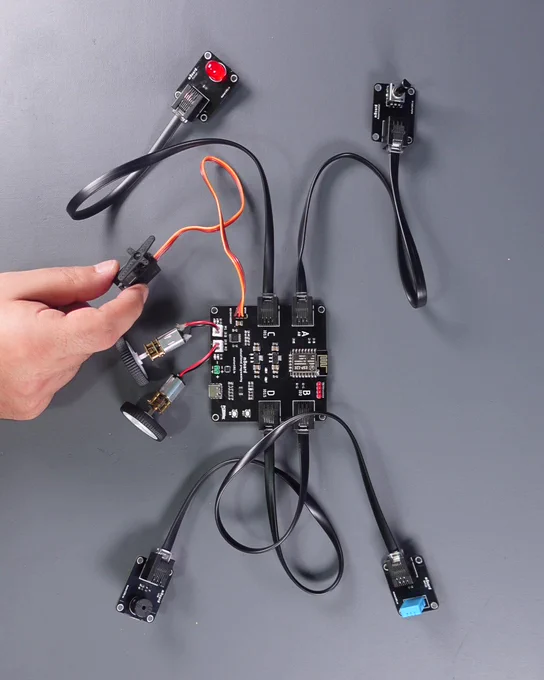
0
0
2
47
8
0
0
0
2
0
Master robot programming at your own pace!
ABB's RoboMasters app delivers flexible, on-demand training that fits your schedule. Learn to program and operate ABB robots from anywhere, anytime.
Become the robot expert your industry needs: https://t.co/3XH4nmgtHU
#RoboticsTraining# https://t.co/BqFrKX4NpU
Show more
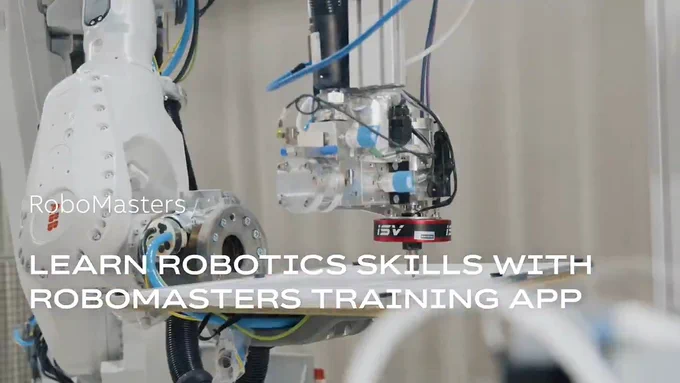
0
0
17
19
3
The @PlayWildcard + @ThousandsTV team is on FIRE 🔥
Each week's programming/schedule is better than the week before. Each week our team and our partners create great entertainment on Thousands, while simultaneously building Thousands into the ultimate platform for creators.
This synergy is how Thousands succeeds. By building the platform we need ourselves, and working with partners who have the same needs. This is the "product-market-fit" loop powering Thousands' roadmap and growth.
Show more
0
0
0
7
3
Some people today are discouraging others from learning programming on the grounds AI will automate it. This advice will be seen as some of the worst career advice ever given. I disagree with the Turing Award and Nobel prize winner who wrote, “It is far more likely that the programming occupation will become extinct [...] than that it will become all-powerful. More and more, computers will program themselves.” Statements discouraging people from learning to code are harmful!
In the 1960s, when programming moved from punchcards (where a programmer had to laboriously make holes in physical cards to write code character by character) to keyboards with terminals, programming became easier. And that made it a better time than before to begin programming. Yet it was in this era that Nobel laureate Herb Simon wrote the words quoted in the first paragraph. Today’s arguments not to learn to code continue to echo his comment.
As coding becomes easier, more people should code, not fewer!
Over the past few decades, as programming has moved from assembly language to higher-level languages like C, from desktop to cloud, from raw text editors to IDEs to AI assisted coding where sometimes one barely even looks at the generated code (which some coders recently started to call vibe coding), it is getting easier with each step.
I wrote previously that I see tech-savvy people coordinating AI tools to move toward being 10x professionals — individuals who have 10 times the impact of the average person in their field. I am increasingly convinced that the best way for many people to accomplish this is not to be just consumers of AI applications, but to learn enough coding to use AI-assisted coding tools effectively.
One question I’m asked most often is what someone should do who is worried about job displacement by AI. My answer is: Learn about AI and take control of it, because one of the most important skills in the future will be the ability to tell a computer exactly what you want, so it can do that for you. Coding (or getting AI to code for you) is a great way to do that.
When I was working on the course Generative AI for Everyone and needed to generate AI artwork for the background images, I worked with a collaborator who had studied art history and knew the language of art. He prompted Midjourney with terminology based on the historical style, palette, artist inspiration and so on — using the language of art — to get the result he wanted. I didn’t know this language, and my paltry attempts at prompting could not deliver as effective a result.
Similarly, scientists, analysts, marketers, recruiters, and people of a wide range of professions who understand the language of software through their knowledge of coding can tell an LLM or an AI-enabled IDE what they want much more precisely, and get much better results. As these tools are continuing to make coding easier, this is the best time yet to learn to code, to learn the language of software, and learn to make computers do exactly what you want them to do.
[Original text: https://t.co/HdI3Jb9HmF ]
Show more
0
0
532
12.2K
2.9K
That's a wrap on our 2024 Chevron Soccer Academy programming! Visit https://t.co/aGVqCXl024 to find out more about this incredible opportunity for local youth. @alianzadefutbol @LAFC https://t.co/7QO69synfO
Show more
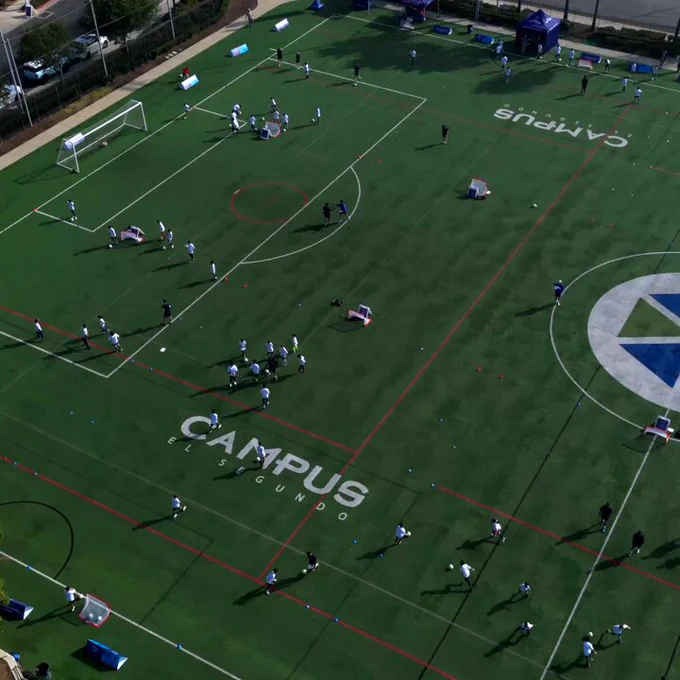
0
0
0
1
2
C Language
Developed by: Dennis Ritchie in the early 1970s at Bell Labs.
Type: Procedural programming language. https://t.co/yR5k1ywWyl

0
0
159
263
6
Python is a high-level, interpreted programming language known for its simplicity and readability. It was created by Guido van Rossum and released in 1991. Python is widely used in web development, data science, artificial intelligence https://t.co/gDfsoOnkWS
Show more

0
0
133
268
4
As a shellfish, Patrick makes caviar.
I'm glad I learned programming GPU physics. So many absurd things can be done with it. https://t.co/69ljIom4ZQ
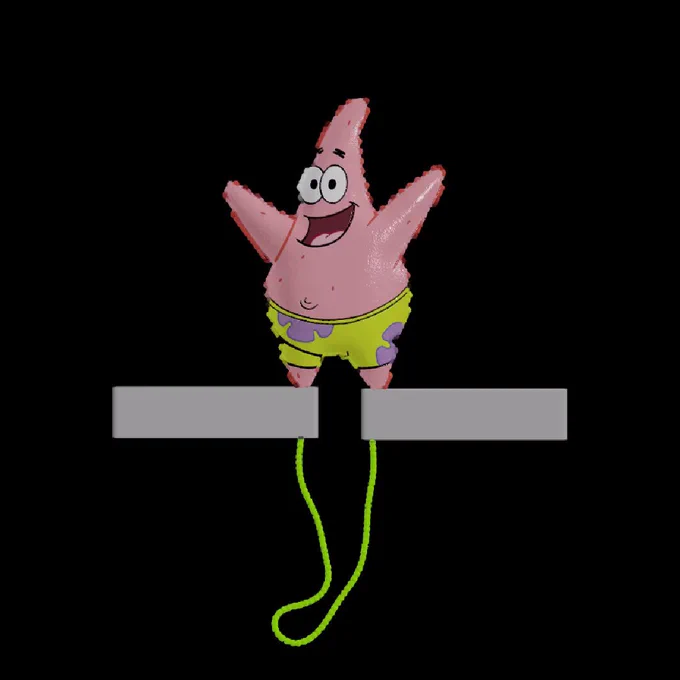
0
0
49
2.5K
137
OK, Andrew: I'll bet you $1000 that there will be fewer US programming jobs a year from now than today. Deal?
Some people today are discouraging others from learning programming on the grounds AI will automate it. This advice will be seen as some of the worst career advice ever given. I disagree with the Turing Award and Nobel prize winner who wrote, “It is far more likely that the programming occupation will become extinct [...] than that it will become all-powerful. More and more, computers will program themselves.” Statements discouraging people from learning to code are harmful!
In the 1960s, when programming moved from punchcards (where a programmer had to laboriously make holes in physical cards to write code character by character) to keyboards with terminals, programming became easier. And that made it a better time than before to begin programming. Yet it was in this era that Nobel laureate Herb Simon wrote the words quoted in the first paragraph. Today’s arguments not to learn to code continue to echo his comment.
As coding becomes easier, more people should code, not fewer!
Over the past few decades, as programming has moved from assembly language to higher-level languages like C, from desktop to cloud, from raw text editors to IDEs to AI assisted coding where sometimes one barely even looks at the generated code (which some coders recently started to call vibe coding), it is getting easier with each step.
I wrote previously that I see tech-savvy people coordinating AI tools to move toward being 10x professionals — individuals who have 10 times the impact of the average person in their field. I am increasingly convinced that the best way for many people to accomplish this is not to be just consumers of AI applications, but to learn enough coding to use AI-assisted coding tools effectively.
One question I’m asked most often is what someone should do who is worried about job displacement by AI. My answer is: Learn about AI and take control of it, because one of the most important skills in the future will be the ability to tell a computer exactly what you want, so it can do that for you. Coding (or getting AI to code for you) is a great way to do that.
When I was working on the course Generative AI for Everyone and needed to generate AI artwork for the background images, I worked with a collaborator who had studied art history and knew the language of art. He prompted Midjourney with terminology based on the historical style, palette, artist inspiration and so on — using the language of art — to get the result he wanted. I didn’t know this language, and my paltry attempts at prompting could not deliver as effective a result.
Similarly, scientists, analysts, marketers, recruiters, and people of a wide range of professions who understand the language of software through their knowledge of coding can tell an LLM or an AI-enabled IDE what they want much more precisely, and get much better results. As these tools are continuing to make coding easier, this is the best time yet to learn to code, to learn the language of software, and learn to make computers do exactly what you want them to do.
[Original text: https://t.co/HdI3Jb9HmF ]
Show more
0
0
98
664
38
The small smart farm model based on the ESP32 Rubik Cube-1 host is convenient for children to cultivate AI programming education and observe the interest of things carefully. https://t.co/grhudEOdyd https://t.co/IPexNKlSx0
Show more



0
0
0
3
0
I flew down to Austin to appear on the @lexfridman podcast, which we filmed yesterday. I expect it'll be out in 3 weeks or so, but don't actually know! We talked about programming for perhaps two hours and then autism for another hour.
He was warm, charming, engaging, and made the process fairly painless. Everything you want in a first date or a podcast host!
You'd think I'd take a photo. I did not.
Show more
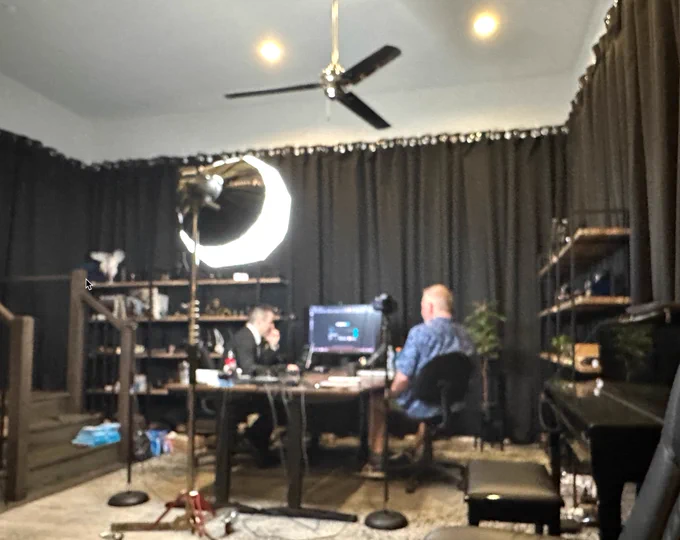
0
0
48
797
14
This article looks solid. I've bookmarked it for later. Perhaps I'll try out some Move programming on $IOTA when I have a bit of spare time... 🤔
0
0
1
25
4
IOTA on The MOVE
with @Morningstar_VC at @37xDubai on May 1
Join the event for opportunity
to connect with the @iota team,
discover recent ecosystem developments,
and gain a deeper understanding
of the IOTA MoveVM.
This is focused session on the IOTA ecosystem
and the role of the Move programming language in powering secure, scalable, and feeless infrastructure.
The morning will feature thoughtful conversations, technical insights, and a closer look at how
$IOTA enables applications across DeFi, AI, and RWA.
Please note that this is an application-only event,
and RSVP confirmation will be required
for entry to the 37xDubai venue.
https://t.co/hGwwClYJMe
Show more
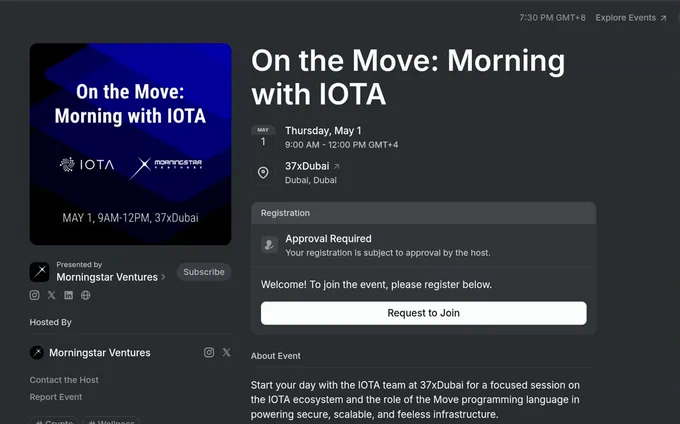
0
0
0
42
6
C++ Language
Developed by: Bjarne Stroustrup in the 1980s, as an extension of C.
Type: Multi-paradigm — supports both procedural and object-oriented programming. https://t.co/7RIfccaP2x

0
0
300
140
2
What is Java Language?
Java is a high-level, object-oriented, class-based programming language developed by Sun Microsystems (now owned by Oracle) and released in 1995. https://t.co/IkRXJ8CanZ

0
0
111
214
5
What is C Language?
C is a general-purpose, procedural programming language developed in the early 1970s by Dennis Ritchie at Bell Labs. It is one of the most widely https://t.co/N1JkUia9SO

0
0
97
88
3

